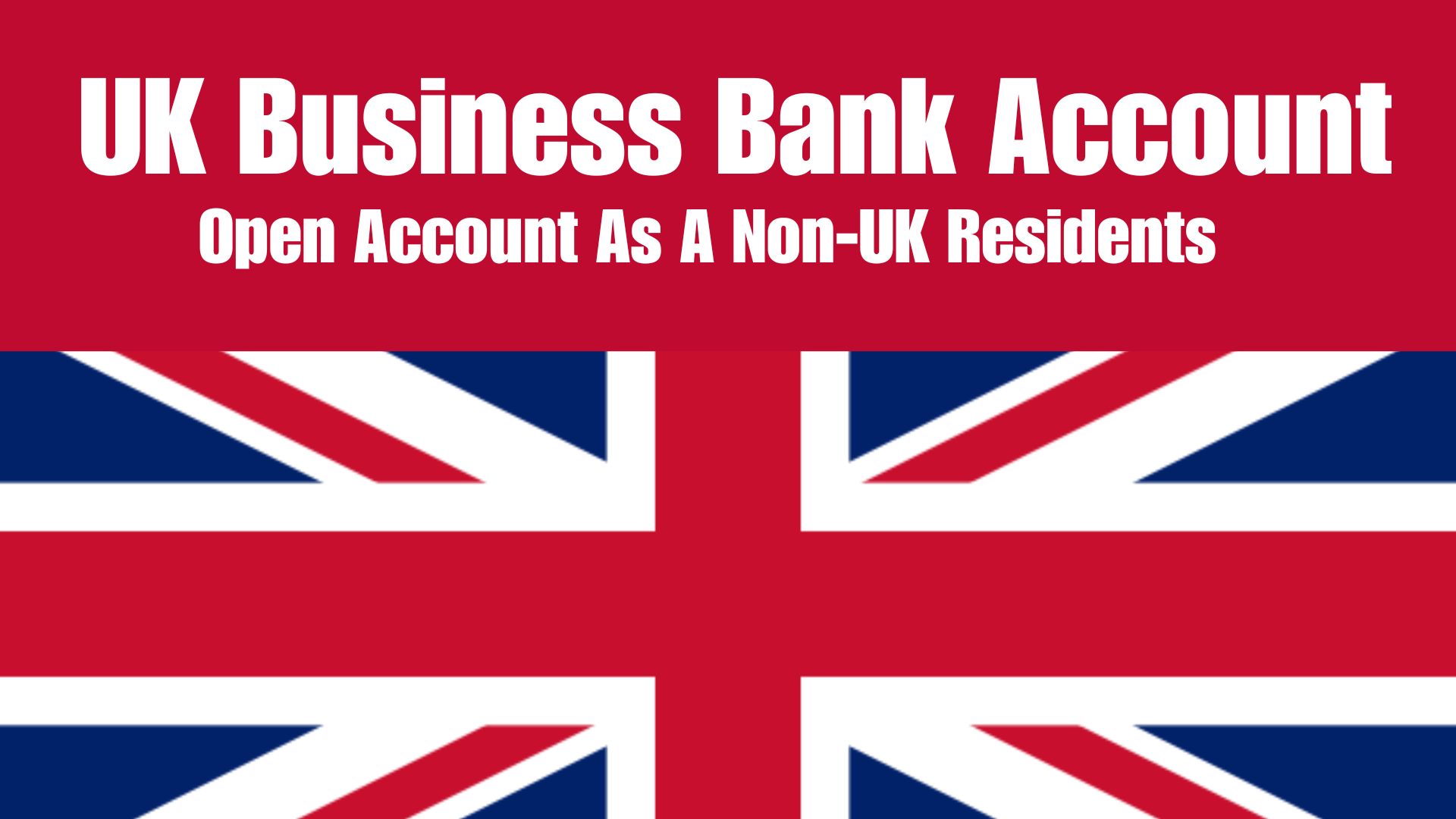Last Updated on 1 month by Komolafe Bamidele
Setting up an offshore company in the UK as a non-resident can be a strategic move for entrepreneurs looking to expand their business operations internationally.
The UK is known for its business-friendly environment, well-established legal system, and attractive corporate tax structures.
This guide will walk you through the essential steps and considerations for successfully registering an offshore company in the UK as a non-resident.
What is Offshore Company Formation?
Offshore company formation refers to the process of registering a business in a foreign country, often to benefit from favorable taxation, legal protection, and international market access.
In places like the UK, forming an offshore company offers advantages such as increased credibility, access to global banking services, and a transparent legal system.
One of the biggest attractions of offshore companies is privacy. Unlike local companies—where business ownership information is often just a mouse click away—offshore companies provide a much higher level of confidentiality. There’s typically no public registry, no online directory, and no simple way for others to access your personal or business information.
To enhance this confidentiality even further, many offshore service providers offer nominee services. Here’s how it works:
During the registration process, a professional nominee is listed as the director and owner of the company. That means all official registration documents will show the nominee’s name—not yours.
Even if someone tries to dig deep by hiring a local lawyer to search the registry, your name still won’t appear.
Once the company is formed, the nominee will issue you a Power of Attorney and a Declaration of Trust, which legally confirms that you are the true controller of the company. These documents are private and are not submitted to any registry, keeping your identity secure.
You then have the freedom to either sign contracts yourself or continue using the nominee, depending on your privacy preferences.
I will recommend you try this;
Start and manage your UK company from around the world with Incorpuk.com today
Why Choose the UK for Your Offshore Company?
The UK offers several advantages for offshore companies, including:
- Strong Legal Framework – A transparent and well-regulated business environment.
- Reputable Business Image – Having a UK-based company enhances credibility.
- Flexible Corporate Structures – Various business entity options are available.
- Access to Global Markets – The UK is a hub for international trade and finance.
- Simple Taxation Rules – The UK has competitive corporate tax rates and double taxation treaties.
Zenithtechs Recommends: How to Trade Stocks Inside an LLC: Tax Benefits & Asset Protection
Steps to Set Up an Offshore Company in the UK as a Non-Resident
Step 1: Choose the Right Business Structure
Non-residents can set up different types of business structures in the UK, but the most common ones are:
- Private Limited Company (Ltd) – The most popular choice for foreign investors due to its limited liability protection and separate legal identity.
- Limited Liability Partnership (LLP) – Suitable for professionals who want flexibility in profit distribution while benefiting from limited liability.
- Branch Office – Allows an existing foreign company to establish a presence in the UK without forming a separate legal entity.
Step 2: Register Your Company with Companies House
The primary requirement for setting up an offshore company in the UK is registering with Companies House. Here’s what you need:
1. Select a Company Name
- Ensure that your company name is unique and not already registered.
- It should not include restricted words unless permission is granted.
2. Appoint Directors and Shareholders
- A UK company must have at least one director (can be non-resident).
- Shareholders can be individuals or corporate entities.
3. Register an Official UK Address
- Every company must have a UK-based registered office address for official correspondence.
- You can use a virtual office or third-party service provider for this requirement.
4. Draft and Submit Incorporation Documents
- Memorandum of Association – Confirms intent to form a company.
- Articles of Association – Outlines internal management and operational rules.
- Form IN01 – Contains details about directors, shareholders, and the registered office.
Step 3: Open a Business Bank Account
A UK business bank account is crucial for managing finances. Non-residents may find it challenging to open an account due to banking regulations, but solutions include:
- Using an International Bank – Some multinational banks facilitate UK accounts for offshore companies.
- Applying for a Fintech Bank Account – Digital banking solutions like Wise, Revolut, or Payoneer offer alternatives.
- Working with a UK Nominee Director – Some service providers offer nominee director services to assist with account setup.
Zenithtechs Recommends: TikTok Shop LLC – How to Form a U.S. LLC for Your TikTok Shop
Step 4: Understand UK Taxation for Offshore Companies
- Corporation Tax – UK-registered companies are subject to a standard corporate tax rate (currently 25%).
- VAT Registration – If your business turnover exceeds £85,000, you must register for VAT.
- Double Taxation Treaties – The UK has agreements with numerous countries to avoid double taxation.
- Exemptions for Non-UK Trading – If your company does not conduct business within the UK, it may not be liable for UK corporate taxes.
Step 5: Maintain Compliance and Reporting
Once your offshore company is established, you must comply with UK regulations, including:
- Annual Financial Statements – Submit yearly accounts to Companies House.
- Confirmation Statement – An annual update of company details.
- Tax Filings – Submit corporation tax returns to HMRC.
- Maintaining Proper Records – Keep financial and operational records for at least six years.
Step 6: Hire Professional Assistance
Setting up and managing an offshore company can be complex, so consider hiring professionals:
- Company Formation Agents – Assist with the registration process and compliance.
- Accountants & Tax Advisors – Help with financial management and tax planning.
- Legal Advisors – Ensure compliance with UK laws and regulations.
Open an Offshore Bank Account with Incorpuk.com
Opening a business bank account is a critical step in offshore company formation. Incorpuk.com simplifies this process by assisting non-residents with banking solutions tailored to offshore entities.
Whether you opt for a UK-based account or an international digital bank, Incorpuk.com ensures compliance and seamless account setup.
Offshore Company Formation Cost in the UK
The cost of forming an offshore company in the UK depends on various factors, including:
- Company Registration Fees – Basic registration with Companies House starts at £50 for online applications.
- Registered Office Services – A UK address may cost between £50 and £200 per year.
- Bank Account Setup – Some banks charge setup fees, while others require a minimum deposit.
Professional Assistance – Hiring an agency like Incorpuk.com can range from £100 to £500, depending on the service package.
Zenithtechs Recommends: How to Create an LLC for Your Shopify E-commerce Business
Conclusion
Registering an offshore company in the UK offers numerous advantages, from tax benefits to international credibility. With the right guidance from Incorpuk.com, non-residents can establish a fully compliant and functional business entity in the UK.
If you’re considering offshore company formation, professional assistance ensures a hassle-free and efficient process.
Discover more from Zenith Techs
Subscribe to get the latest posts sent to your email.




